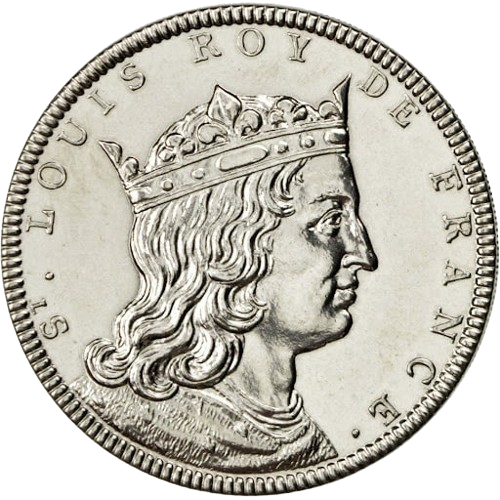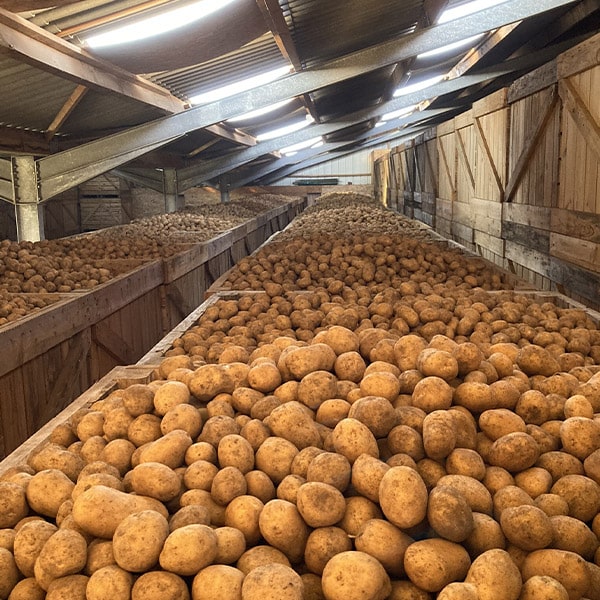- The broker profession
The origins of sworn merchandise brokers date back to the time of Saint-Louis, King of France.
There are several hypotheses as to the origin of the word “courtier”. It could be derived from the Latin verb “currere”, meaning “to run”, in which case the broker could travel miles to link the seller to the buyer. Another hypothesis would be the word “curare” meaning “to take care of”.
- Origins

The origins of sworn merchandise brokers date back to the time of Saint-Louis, King of France.
The first edict concerning brokers or couratiers dates back to 1243. Until the revolution of 1789, numerous texts – ordinances, edicts, letters patent – testify to the economic importance of brokers as trade auxiliaries. As royal brokers, they enjoyed the exclusive privilege of brokering goods and money. They acted as stockbrokers and marine insurers. By extension, they also acted as interpreters and ship’s conductors in the main French ports.
The Constituent Assembly of May 1791 abolished all professional orders, including that of royal brokers. However, faced with the very serious abuses resulting from deregulation, the decree of 28 ventôse an ix (March 19 1801) re-established the prerogatives of brokers. Government decrees published between 1801 and 1803 created 1009 brokers’ offices, the location of which reflected the importance of each trading center.
The law of July 18 proclaimed the freedom of brokerage, and the position of sworn goods broker (cma) was made official.
The function was further defined by the decrees of April 29, 1964 and August 19, 1994.
The law of July 20, 2011 and its decree of January 30, 2012 define the new rules and obligations of the profession, and establish the Conseil National des Courtiers de Marchandises Assermentés (CNCMA) as a public utility institution.
- The broker's role

The broker’s main mission is to bring buyers and sellers together.
As an independent player, he acts as a one-time interface. They are remunerated on the basis of a brokerage commission.
The broker is in no way a party to the contract. He conducts the negotiations and establishes the perfect agreement between the parties, which he confirms orally and then in writing.
A discreet and indispensable cog in the agri-food circuit, the broker ensures market transparency.
At the request of counterparties, he ensures that business is carried out properly and, as far as possible, settles any disputes that may arise.
Market Informer
As a broker, our mission is to be constantly aware of availability and demand on the potato market. This enables us to bring buyer and seller together as quickly as possible, and to guarantee that the transaction is carried out at the market price.
Contract negotiator
Each transaction is unique, and requires expertise to ensure that seller and buyer reach agreement on price, quantity and delivery terms. The broker’s role is to ensure that the contract reflects the expectations of all parties involved.
Idea provider
Experienced and up to date with the latest market information, the broker also needs to be creative and versatile to always find the offer that best suits the buyer’s needs. They must be pro-active in proposing unique solutions for each transaction.
Impartial witness to the contractual agreement
Because we know that potatoes are a “living” product, a contract cannot always be executed under the best conditions. This is why the broker’s role is to be an impartial player, dedicated to ensuring that any disputes are settled in the best possible way for both parties.
Contractual Clauses Technician
Using a broker also means ensuring that the contract he or she issues complies with current legal standards.
Diplomate during contract execution
The broker’s mission is to be fundamentally impartial when executing and drawing up a contract between two parties. In the event of a problem, he will arbitrate fairly and impartially.
- SNCPT's rules
Regulation of the potato trade: RUCIP
As early as 1956, players from the various member countries of the European Union got together to draw up the first potato trade rules. Today, the Rules and Practices for the Inter-European Potato Trade (RUCIP) are regularly updated by members of the Europatat congress. They govern the vast majority of international trade in the market.
Onion trade regulations: COFREUROP
Trade in onions will be regulated by Cofreurop, which has clear rules for this trade and an arbitration board to settle any disputes.
Consult the COFREUROP regulations
